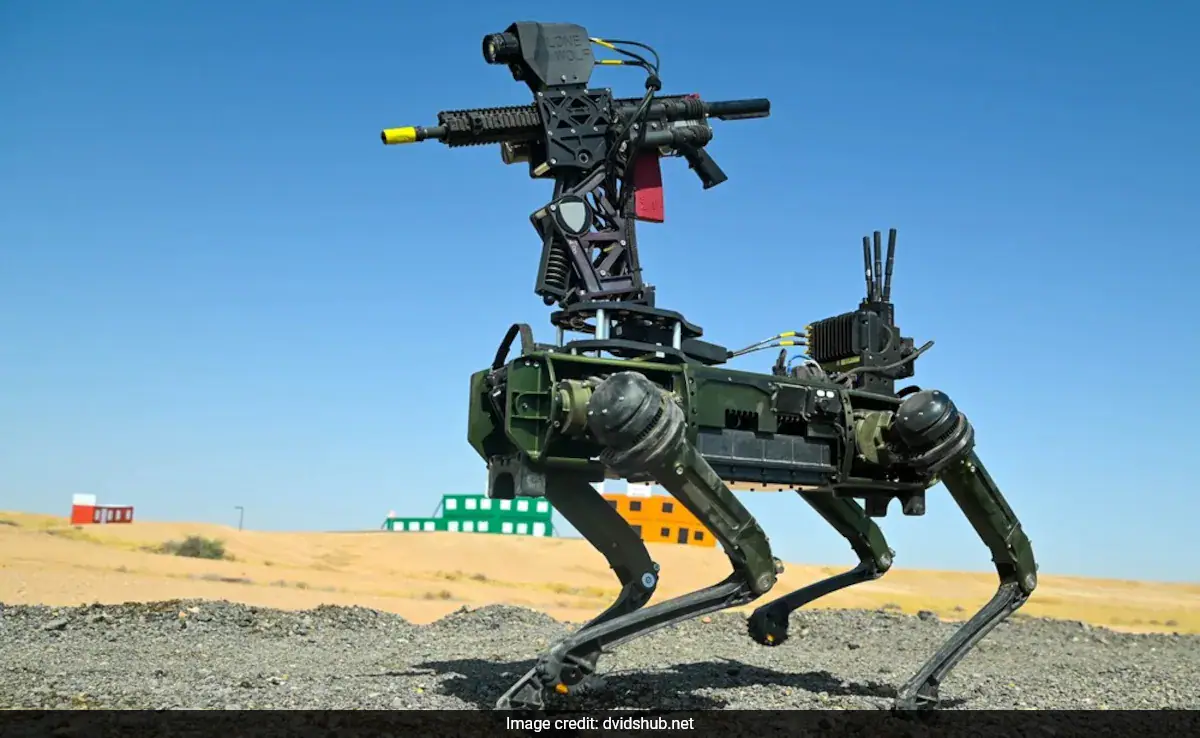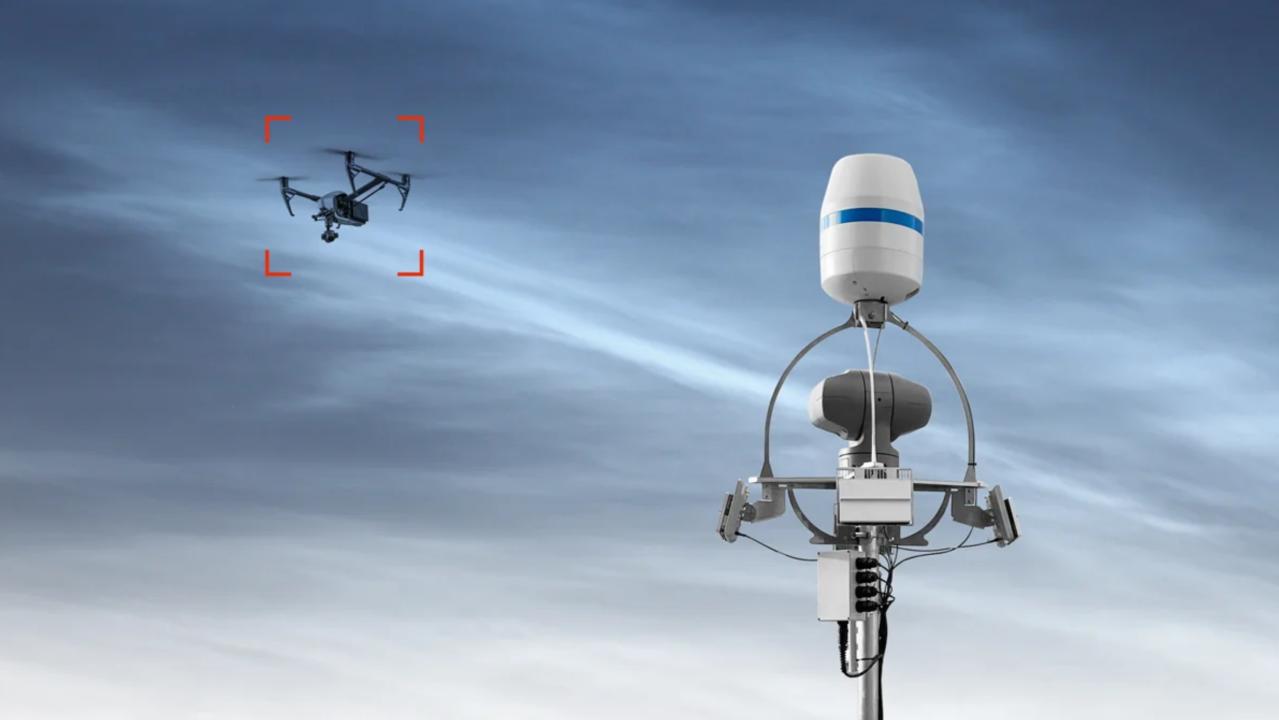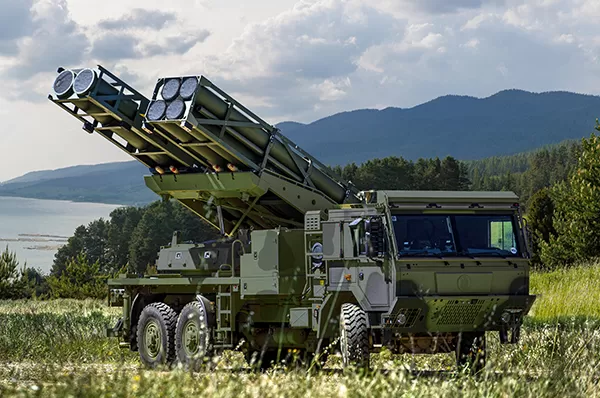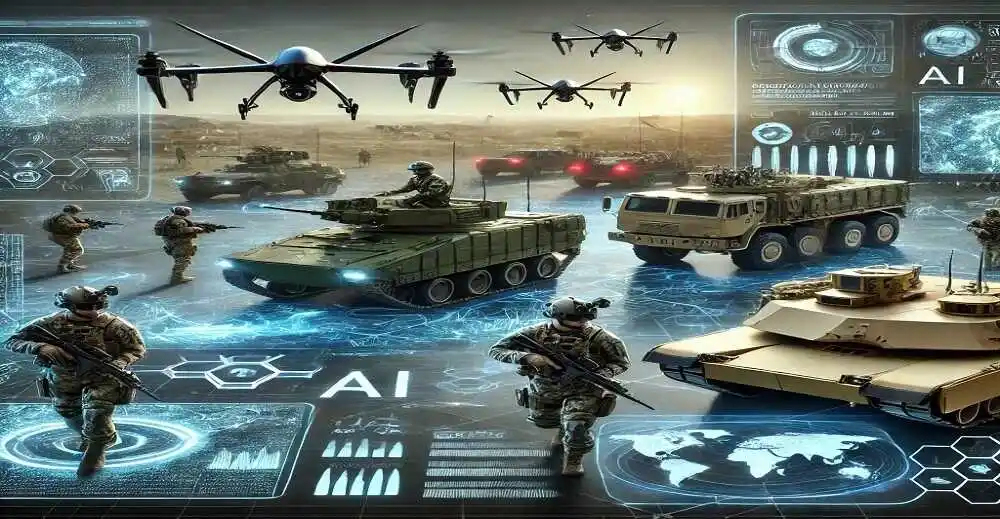AI-Powered Battlefield Management Systems: Revolutionizing Defense
The modern battlefield is a complex and dynamic environment, demanding swift and informed decision-making. In this context, Artificial Intelligence (AI)-powered Battlefield Management Systems (BMS) are emerging as crucial tools for military forces worldwide. These systems are not just incremental improvements; they represent a paradigm shift in how military operations are planned, executed, and adapted in real-time.
Defense Info Bites delves into the transformative world of AI-powered BMS, exploring their capabilities, impact, and future potential. We'll examine how these systems are revolutionizing defense strategies and reshaping the landscape of modern warfare.
Understanding AI-Powered Battlefield Management Systems
AI-powered BMS integrate real-time data from diverse sources to enhance decision-making, improve operational efficiency, and provide strategic advantages in military operations. This data streams in from various sources like satellite imagery, sensors deployed in the field, and intelligence reports gathered from multiple sources. Think of it as a central nervous system for military operations, constantly gathering and processing information to provide a comprehensive picture of the battlefield.
How AI Enhances Battlefield Management
AI algorithms analyze video footage from drones, detect and classify radio frequency signals, enhance signal processing in electronic warfare, predict potential threats, optimize logistics, and improve coordination between allied forces. These systems process vast amounts of data quickly, automate critical operations, and improve real-time decision-making, helping military personnel gain strategic insights and battlefield awareness that would be challenging to discern manually.
The Goal: Improved Decision-Making and Efficiency
The primary goal of AI-powered BMS is to provide military personnel with strategic insights and enhanced battlefield awareness. By automating critical operations and accelerating the decision-making process, these systems allow commanders to make more informed choices, respond faster to emerging threats, and optimize resource allocation. In recent operations, AI implementation in battle management systems has reduced the decision-making cycle time by 25%.
Who is Developing and Implementing AI-Powered BMS?
Several countries and organizations are actively developing and implementing AI-powered BMS. The U.S. Department of Defense is at the forefront, with initiatives like Project Maven and the Joint All-Domain Command and Control (JADC2) program. These initiatives aim to integrate AI across all branches of the military, creating a seamless network of information and communication.
- U.S. Department of Defense: Spearheading AI integration with Project Maven and JADC2 initiatives.
- China's PLA: Rapidly advancing AI capabilities in military applications.
- Israel: Known for its innovative defense technologies and AI adoption.
- Germany's Bundeswehr: Modernizing its forces with AI-powered systems.
- Ukraine: Implementing AI solutions for enhanced situational awareness.
The Impact of AI-Powered Battlefield Management Systems
AI-powered BMS are revolutionizing the defense industry by enhancing situational awareness, decision-making speed, and operational efficiency. They are driving the integration of AI, machine learning, and other advanced technologies into military systems.
Market Implications
The increasing demand for AI-powered BMS is fueling market growth, with significant investments from governments and defense contractors. The global battlefield management systems market was estimated at USD 11.68 billion in 2023 and is projected to grow at a CAGR of 4.9% from 2024 to 2030. This growth is leading to more collaborations and contracts in the defense sector.
Technological Advancements
These systems are driving advancements in AI, data analytics, sensor technology, and secure communication networks. They are also promoting the development of open systems architectures and the integration of commercial technologies. This push for advancement creates faster and more efficient operations.
Future Outlook
The future outlook involves greater autonomy, predictive capabilities, and integration of AI into all aspects of military operations. This includes enhanced coordination between multinational forces and improved logistics and resource management.
Challenges and Considerations
While AI-powered BMS offer immense potential, it's crucial to address the associated challenges and considerations. Ethical concerns regarding autonomous weapon systems are paramount. Safeguards must be put in place to ensure human oversight and adherence to international laws and ethical principles.
Furthermore, these systems are vulnerable to cyberattacks and data poisoning. Protecting the integrity of data and ensuring the security of AI algorithms is essential. Complex integration with legacy systems can also pose significant challenges, requiring careful planning and execution.
Opportunities for Growth and Development
Despite these challenges, there are significant opportunities for growth and development in the field of AI-powered BMS. There is a pressing need for the development of more secure and resilient AI algorithms that can withstand cyber threats. The creation of AI-driven tools for cyber defense is also critical for protecting these systems from attack.
Ultimately, the goal is to enhance human-machine collaboration in decision-making, allowing humans to leverage the power of AI while retaining control and oversight. AI can also be used to optimize resource allocation and logistics, improving efficiency and reducing costs.
Expert Insights on AI in Battlefield Management
Experts emphasize the importance of maintaining human control in the loop. As Killingsworth noted, "The human is still ultimately responsible for execution and conduct of the battle." While AI can provide valuable insights and recommendations, human judgment remains crucial for making critical decisions.
Dr. Mark Esper, Former Defense Secretary, highlighted the importance of embracing AI and machine learning, stating, "History informs us that those who are first to harness once-in-a-generation technologies often have a decisive advantage on the battlefield for years to come."
Conclusion
AI-powered Battlefield Management Systems are transforming the landscape of modern warfare. By enhancing decision-making, improving operational efficiency, and providing strategic advantages, these systems are becoming indispensable tools for military forces worldwide. However, it's crucial to address the ethical considerations and security challenges associated with AI in defense. Stay tuned to Defense Info Bites for more insights into the latest advancements in defense technology.
Ready to learn more? Explore our other articles on cutting-edge defense technologies!




